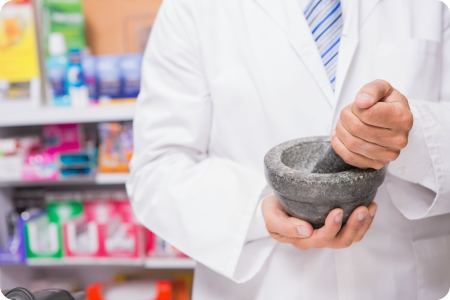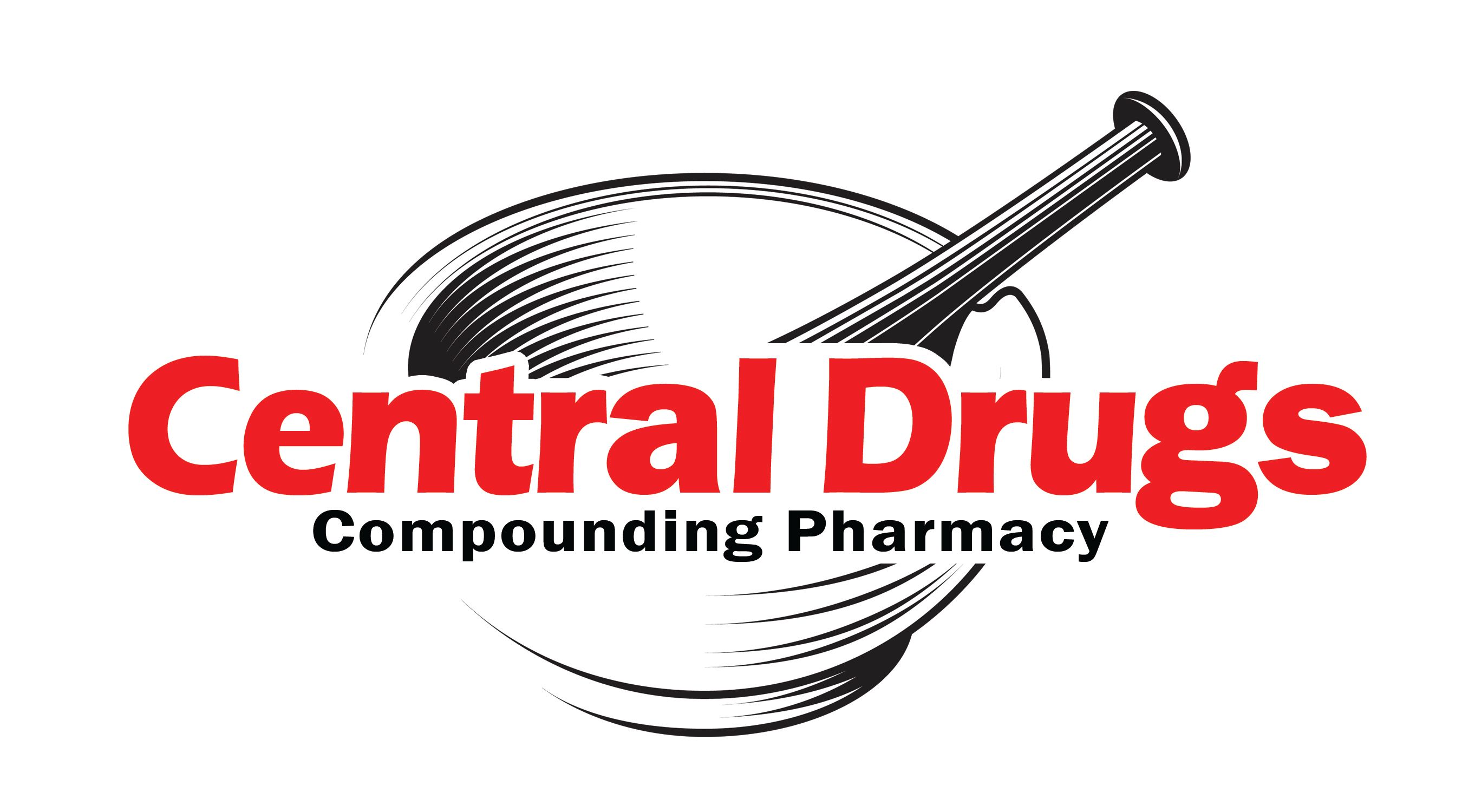Compounding

What is Compounding?
Many patients have unique health needs off-the-shelf, manufactured medications cannot meet. For these patients, personalized medications – prescribed by licensed practitioners and prepared by trained, licensed pharmacists – often are the only solution.
Working with a physician, a compounding pharmacist can prepare customized medications and meet the individual needs of children, adults, and animals:
- When required medications unavailable from pharmaceutical companies
- When the patient is allergic to certain preservatives, dyes, or binders in available off-the-shelf medications
- When treatment requires tailored dosage strengths (for example, an infant)
- When a pharmacist can combine several medications to increase compliance
- When a patient cannot ingest the medication in its commercially available form
- When medications require flavor additives to make them more palatable for patients
Why do we still need compounded medications?
Some valuable medications are available only by compounding. What's more, many FDA-approved drugs also contain other elements patients are allergic to or can have adverse reactions to, making compounding the only way for them to receive the medication they need without the offending elements. Under U.S. law, pharmacists may not compound a medication for which there is an FDA-approved manufactured product available. It's in the many instances when an FDA-approved manufactured drug cannot adequately treat a patient that compounding is essential.
Are compounded medications safe?
Of course, compounding pharmacies and pharmacists are licensed and strictly regulated by the state and federal governments just like traditional retail dispensing pharmacies. Additionally, they are governed by standards set by United States Pharmacopeial Convention (USP) and by regulations and guidelines set forth by accreditation agencies.
How is the industry regulated?
All pharmacies and pharmacists, including compounding pharmacies, are licensed and strictly regulated by State Boards of Pharmacy. Additionally, the Food & Drug Administration has authority over some aspects of compounded prescriptions.
Standards set by the United States Pharmacopeial Convention (USP) are integrated into the day-to-day practice of pharmacy compounding and are mandated in most states. Additional non-profit agencies provide oversight through accreditation processes.
What suppliers sell ingredients to compounding pharmacies?
Just like pharmaceutical manufacturing companies, compounding pharmacies get their ingredients for medications from suppliers registered and inspected by the FDA. Foreign suppliers are FDA-registered facilities as well.
For Customizable Formulations and a Customized Rx Template
- Speak to our Expert Team of Pharmacists
- Contact Us at
or at
